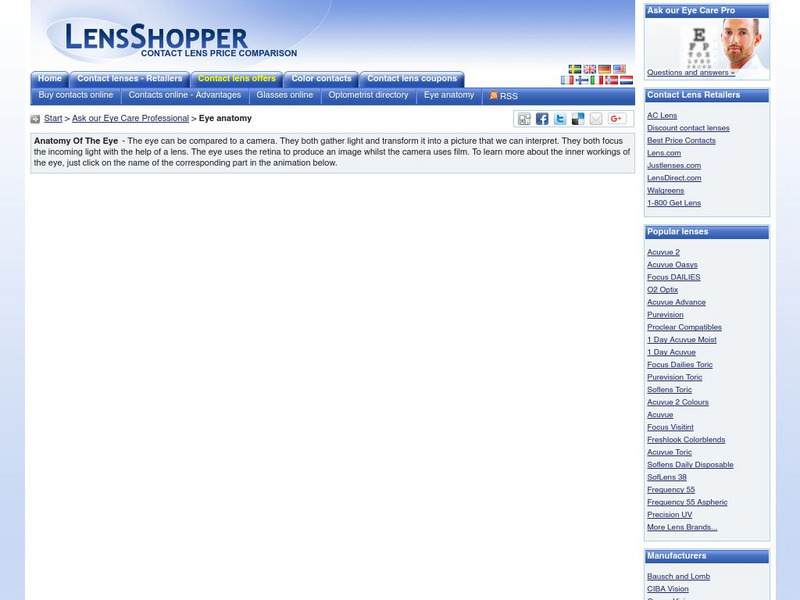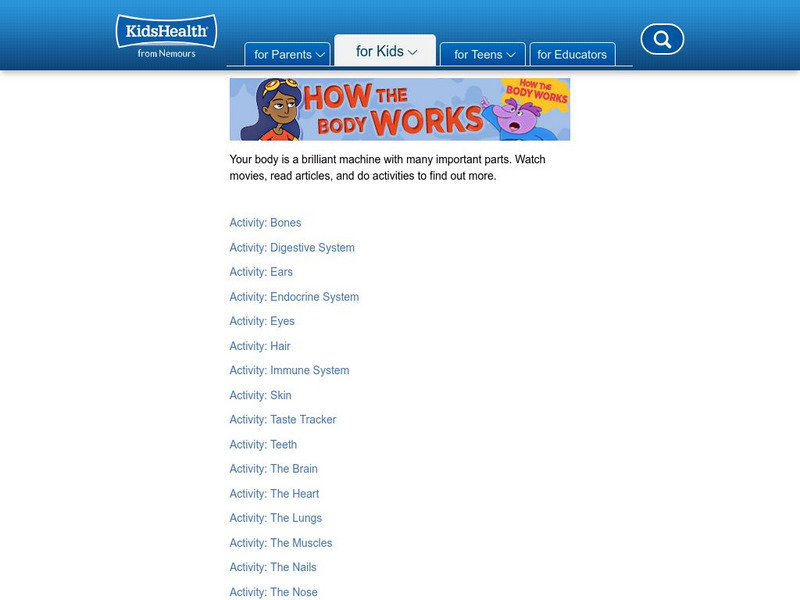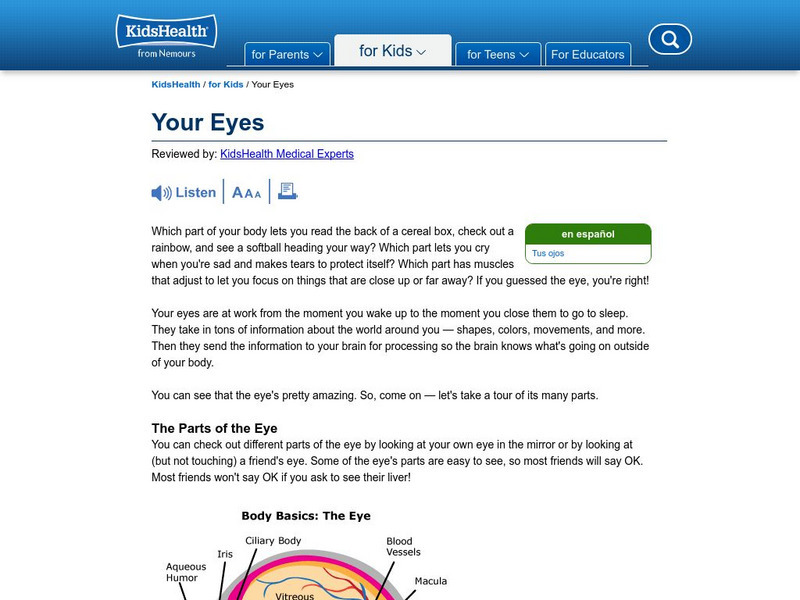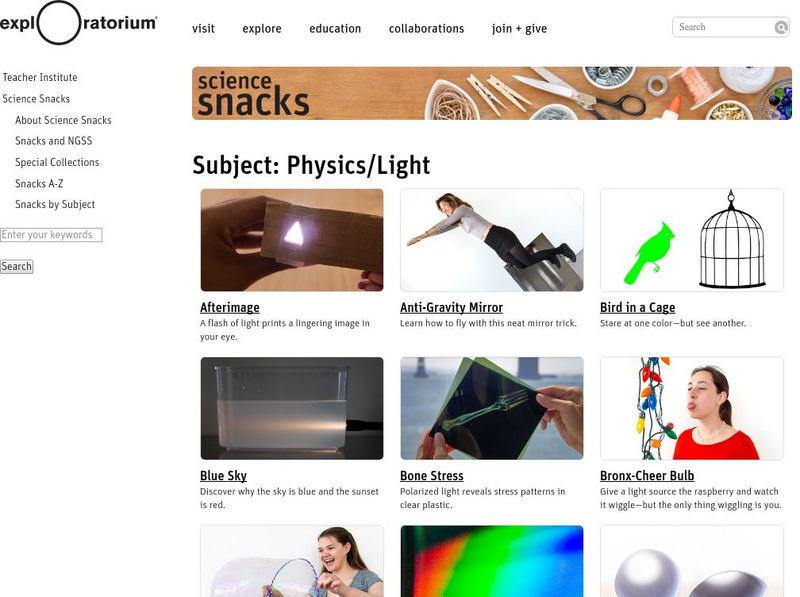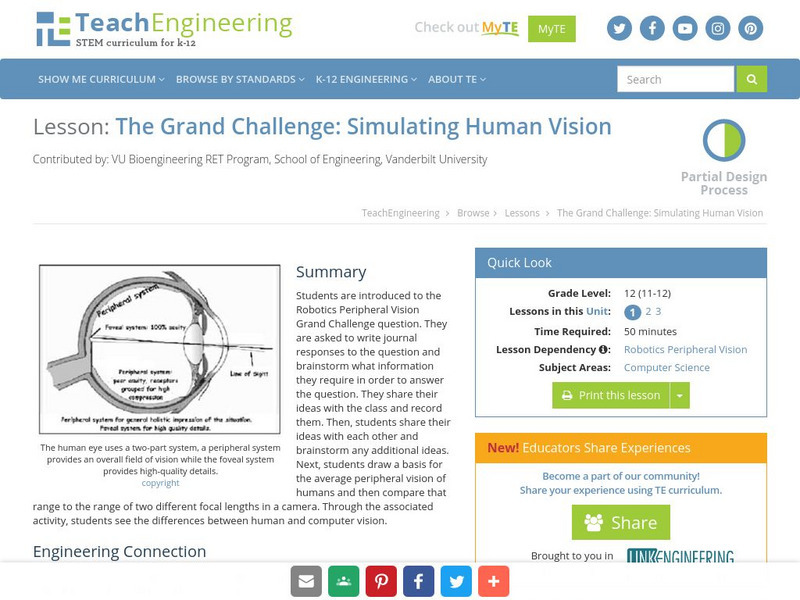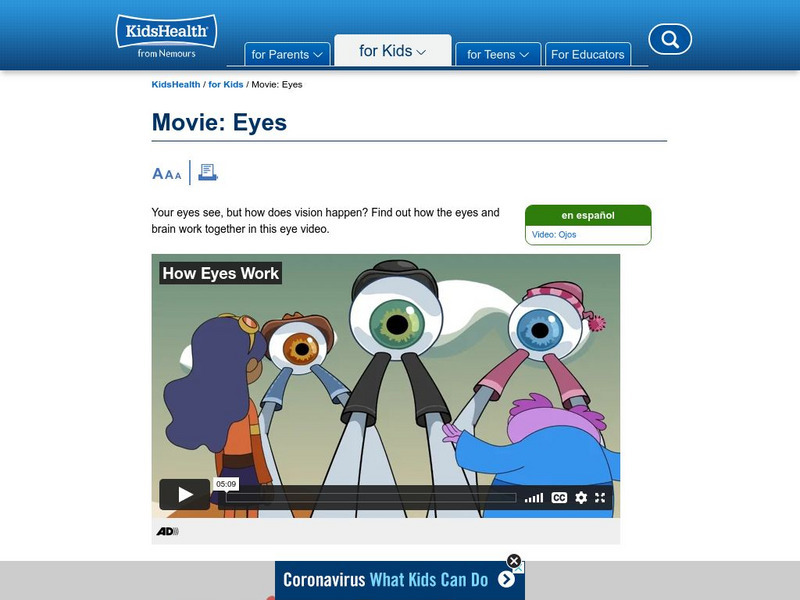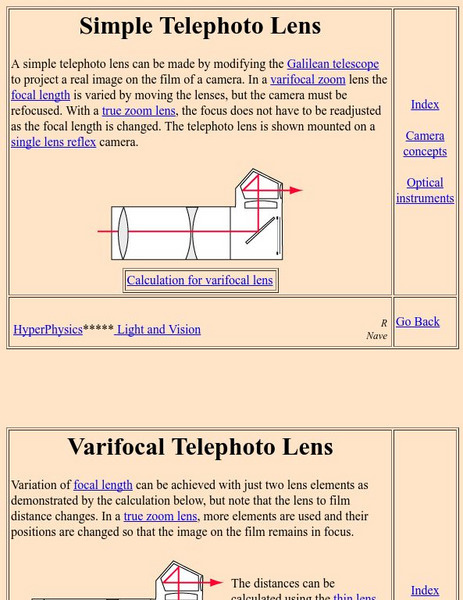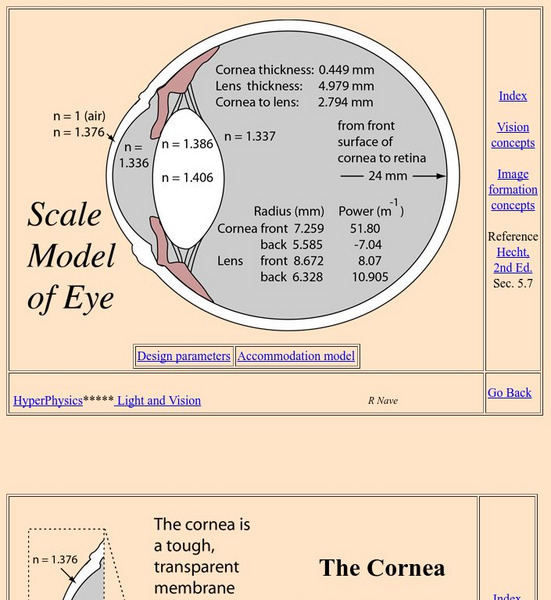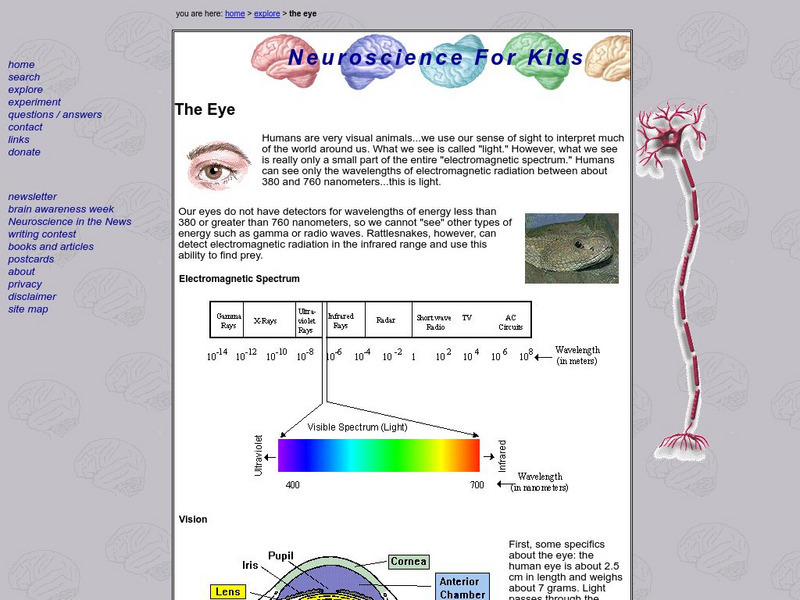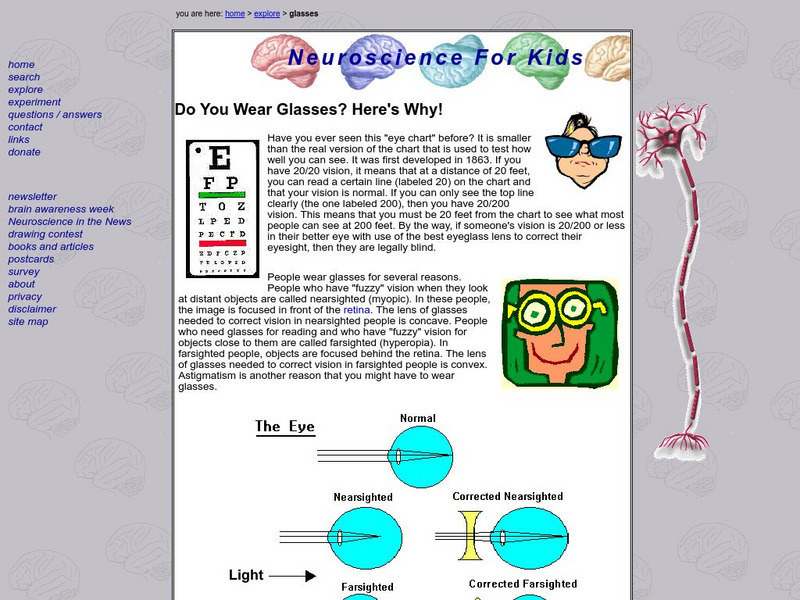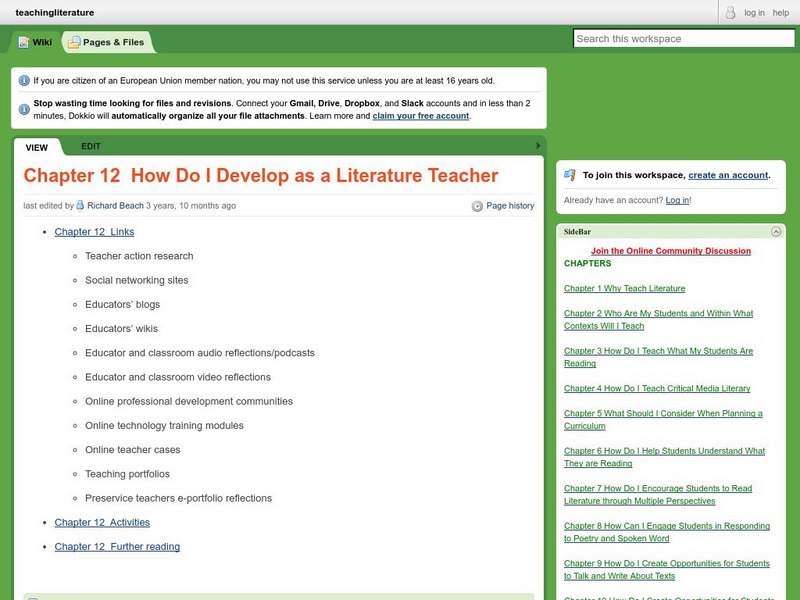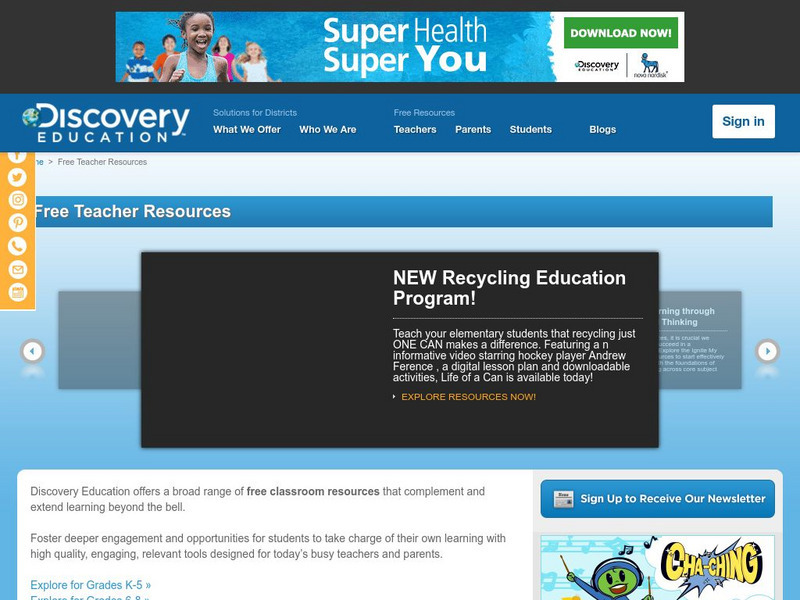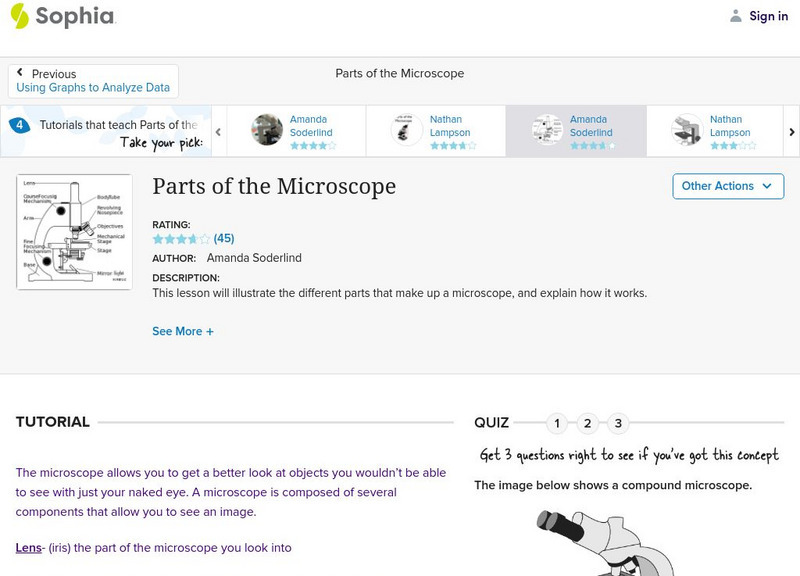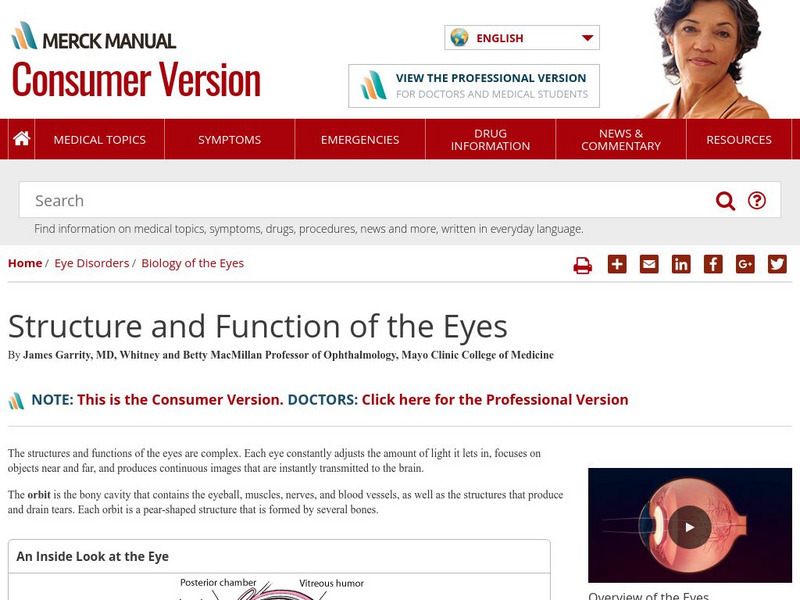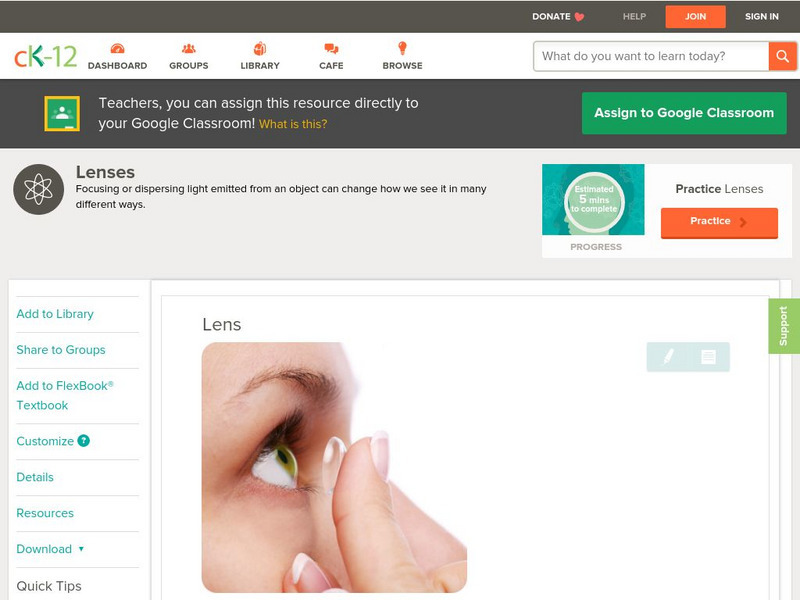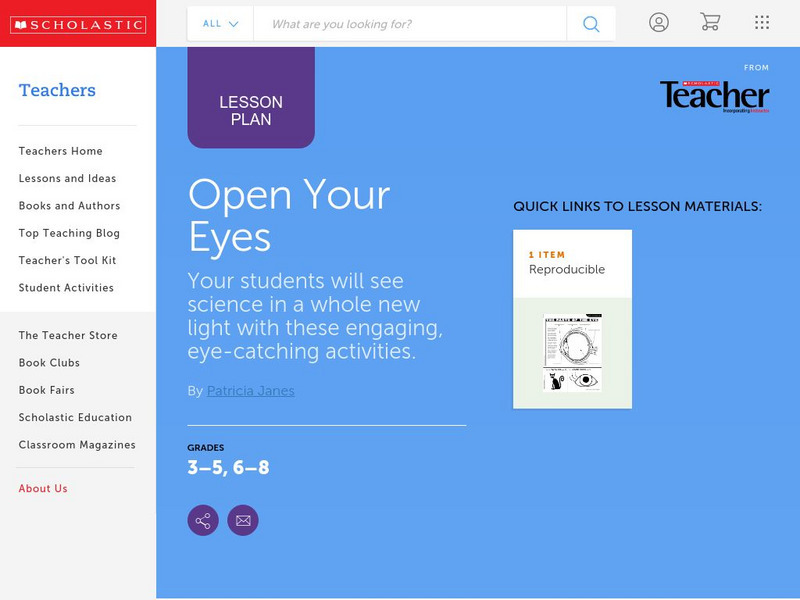University of Colorado
University of Colorado: Physics 2000: Polarization
A series of pages that explain polarization, polarized light and its effects, polarized filters, and sunglasses. Interactive Java applets.
University of Colorado
University of Colorado: Physics 2000: Polarization
An incredible series of illustrated pages that explain polarization, polarized light and its effects, and polarized filters and sunglasses. Features interactive Java applets.
University of Wisconsin
The Why Files: Electronic Eye Is Biological Eye
Lenses make a distorted image on the back of a camera, especially at the edge. A revolutionary camera eliminates distortion with a curved light detector.
University of Colorado
University of Colorado: Ph Et Interactive Simulations: Geometric Optics
An interactive simulation that teaches about refraction, lens, and optics. Students manipulate the focal length of the lens, and move the object, lens, and screen in order to see how the image is affected. This simulation can either be...
Other
Lens Shopper: Anatomy of the Eye
Learn about the human body's own "camera" as you explore the inner workings of the human eye. This resource is displayed as a three-dimensional, interactive animation.
Curated OER
Kids Health: A How the Body Works
This resource provides complete, mini-learning modules about different aspects of the human body. Click on the eyeball to focus your search.
Curated OER
Kids Health: A Big Look at the Eye
Younger students learn much about the human eye in this article, which is illustrated with a cross-sectional diagram.
University of Colorado
University of Colorado: Ph Et Interactive Simulations: Bending Light
Explore bending of light between two media with different indices of refraction. See how changing from air to water to glass changes the bending angle. Play with prisms of different shapes and make rainbows.
Exploratorium
Exploratorium: Science Snacks: Physics/light
Here is a large collection of simple science class activities for understanding the physics of light.
TeachEngineering
Teach Engineering: The Grand Challenge: Simulating Human Vision
Students are introduced to the Robotics Peripheral Vision Grand Challenge question. They are asked to write journal responses to the question and brainstorm what information they require to answer the question. Their ideas are shared...
Physics Classroom
The Physics Classroom: Refraction and the Ray Model of Light: Anatomy of the Eye
This tutorial looks at the anatomy of the eye and how the sense of sight works. This is the first part of a learning module. Subsequent sections cover how images are formed and detected, the concept of accommodation where the eye adjusts...
Curated OER
Kids Health: How Eyes Work
How do we see what we see? The eye works all day from the moment you wake up to the moment you close them to go to sleep. Let's take a tour of the amazing eye! Included is a video, an article, quiz, activity and word find.
Georgia State University
Georgia State University: Hyper Physics: Telephoto Lens
At this site from Georgia State University Physics Department the operation of a telephoto lens is discussed. The refraction of light through the lens is shown and a link to a calculation page is provided.
Georgia State University
Georgia State University: Hyper Physics: Scale Model of Human Eye
A scale model of the human eye is shown. Information about the parts of the eye and the common defects that result from its malfunctioning.
University of Washington
Neuroscience for Kids: The Eye
Easy to understand description of the parts of the eye and their functions. Lots of labeled illustrations. At the bottom of the page additional content includes games, quizzes, lesson plans and activities about vision.
University of Maryland
Optics Highlights: The Microscope
Part of an anecdotal history of optics and the study of light. Extremely thorough treatment of the scientific findings and developments which led to the invention and refinement of the microscope. Includes a short biographical sketch and...
University of Washington
Neuroscience for Kids: Do You Wear Glasses?
Have you ever wondered why you may or may not have to wear glasses? Use this explanation to find out the answer. It outlines the normal eye, the nearsighted eye and the farsighted eye. The diagrams are helpful for a more comprehensive...
Rick Beach
Teaching Literature to Adolescents, 2nd Edition: Chapter 12: Activities
The textbook entitled Teaching Literature to Adolescents, 2nd Edition contains activities for Chapter 12 reflection. Intended for teachers, this site contains activities that will extend the content from the Chapter 12. Focus of the...
Discovery Education
Discovery Education: Sight and Light
A two-day lesson plan for students to learn about the anatomy of the eye and the nature of vision. Includes a variety of supplemental resources for teachers.
Sophia Learning
Sophia: Parts of the Microscope: Lesson 4
This lesson will illustrate the different parts that make up a microscope, and explain how it works. It is 4 of 4 in the series titled "Parts of the Microscope."
Merck Sharp & Dohme Corp.
Merck Manual: Structure and Function of the Eye
This site provides a an excellent guide to the structure and function of the human eye. Content addresses how the eye is built, as well as how it works to translate light and shadow into sight. A diagram illustrating the various parts of...
CK-12 Foundation
Ck 12: Plix: Convex Lenses: Lens
[Free Registration/Login Required] Observe how the location of the virtual image changes by dragging the red dots on the object.
CK-12 Foundation
Ck 12: Physical Science: Lens
[Free Registration/Login may be required to access all resource tools.] What a lens is and what it does, concave and convex lenses.
Scholastic
Scholastic Instructor: Open Your Eyes
This webpage is a great resource for elementary teachers who are looking for activities, lessons, facts, and experiments pertaining to the eye.





